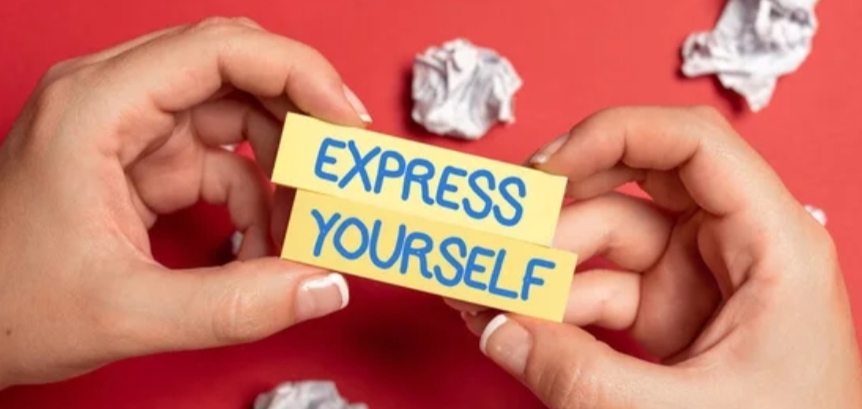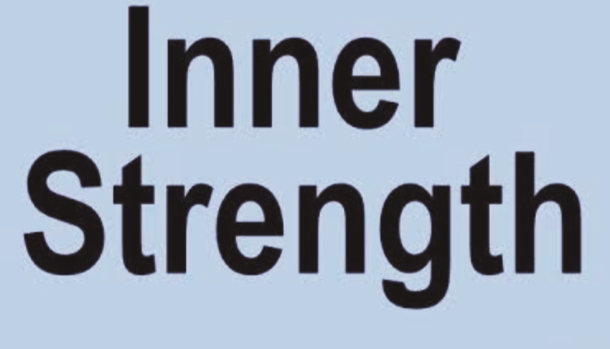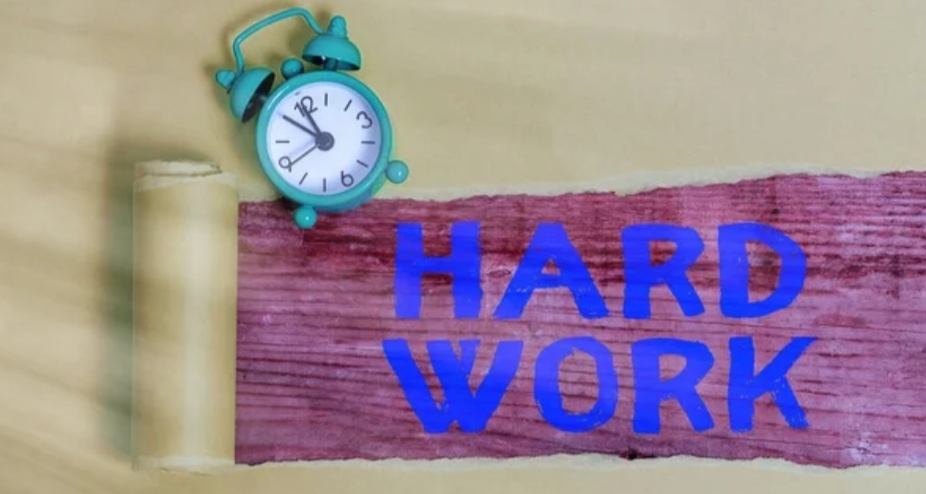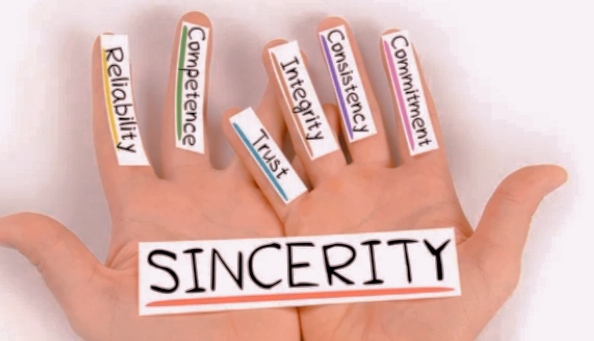
In a world filled with misinformation, bias, and subjectivity, the pursuit of objective truth has become more important than ever. The concept of objective truth, or the idea that there is a single, universal truth that is not influenced by personal opinions or feelings, is crucial in fields such as science, journalism, and philosophy. By always aiming for objective truth, we can make more informed decisions. We can also have better discussions, and ultimately lead more fulfilling lives.
What is objective truth?
Objective truth refers to facts and reality that exist independently of our beliefs, opinions, or emotions. It is based on evidence and reason rather than personal preferences or biases. In a society where misinformation and fake news abound, it is crucial to seek out objective truth in order to make informed decisions and form accurate opinions.
One of the main reasons why it is important to aim for objective truth is that it allows us to make better decisions. When we base our decisions on facts and evidence rather than opinions or emotions, we are more likely to come to the right conclusions. For example, in the field of medicine, doctors rely on objective truth to diagnose and treat patients effectively. By following evidence-based guidelines and protocols, they are able to provide the best possible care for their patients.
In addition, aiming for objective truth can also lead to more productive discussions. When people approach a conversation with an open mind and a commitment to finding the truth, they are more likely to listen to different viewpoints and consider new evidence. This can lead to more constructive debates and a deeper understanding of complex issues. By focusing on objective truth, we can move past our biases and prejudices and engage in more meaningful conversations.
Furthermore, aiming for objective truth can help us lead more fulfilling lives. When we seek to understand the world as it truly is, rather than as we wish it to be, we can make better decisions. We can also have healthier relationships, and live more authentically. By acknowledging the objective truths of our existence, such as the laws of physics or the principles of mathematics, we can better appreciate the beauty and complexity of the universe.
How to aim for actual truth?
However, it is important to acknowledge that the pursuit of objective truth is not always easy. In a world that’s constantly bombarded with misinformation and fake news, it can be challenging to separate fact from fiction. In addition, our own biases and preconceptions can cloud our judgment and prevent us from seeing the truth. It is crucial to approach the search for objective truth with humility and an open mind. Being willing to reconsider our beliefs in light of new evidence.
It is also important to recognize that objective truth is not always black and white. In many cases, there may be multiple interpretations of the facts, and different perspectives to consider. However, by approaching these complexities with a commitment to objectivity and rationality, we can come closer to understanding the truth of a situation.
Therefore, always aiming for objective truth is a worthwhile pursuit. It leads to better decisions, more productive discussions, and ultimately, a more fulfilling life. By seeking to understand the world as it truly is, we can overcome our biases and prejudices. With this we can engage in meaningful conversations with others, and live more authentically. As individuals and as a society, we must strive to prioritize truth and reason in search for knowledge and understanding. Only by embracing objective truth can we hope to navigate the complexities of the world around us with clarity and integrity.









